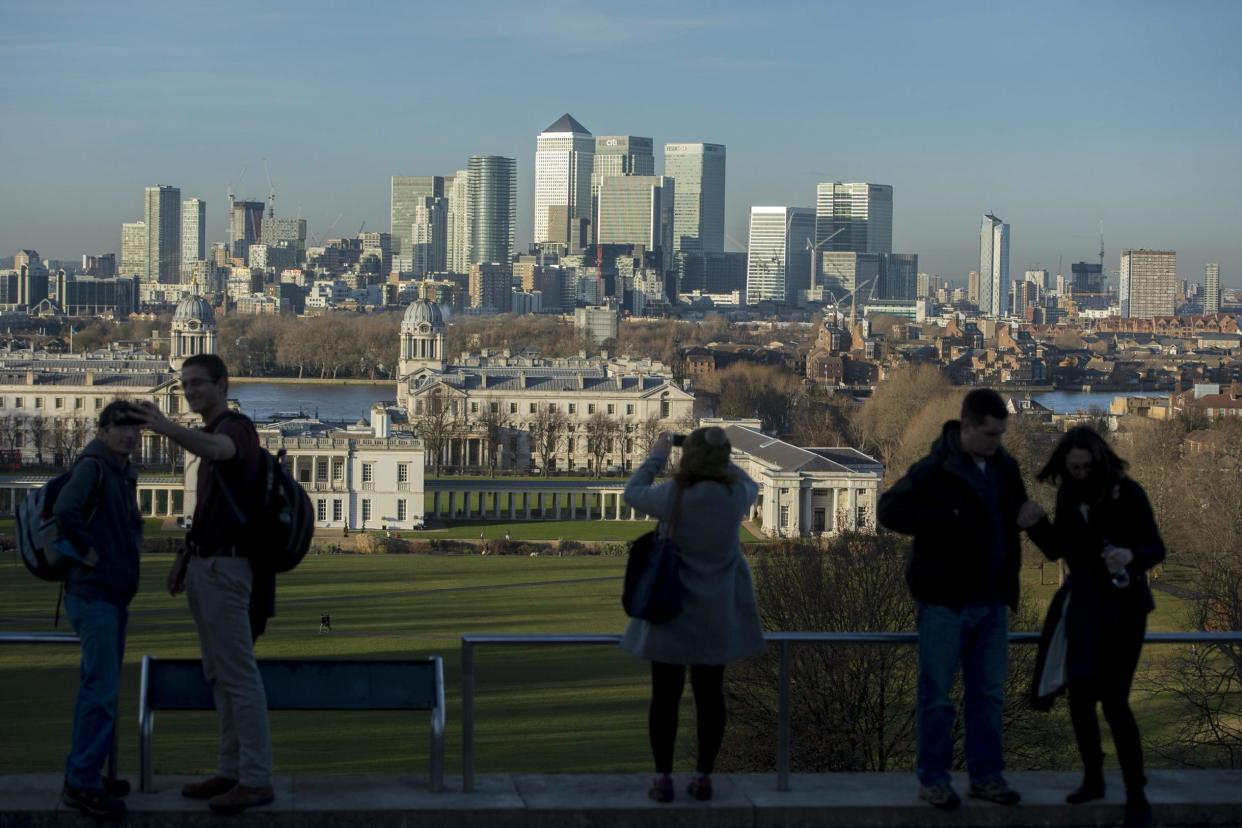Bank stocks and pound rocket on interest rate rise bet

Bank shares jumped and the pound rallied on Thursday as markets bet that interest rate rises could be around the corner, boosting profits.
News from America last night that its biggest banks have passed the latest “stress tests” from the Federal Reserve also boosted sentiment.
That led City analysts to forecast massive windfalls to bank shareholders in the form of buybacks and higher dividends in the next two years.
US bank shares gained overnight. UK banks followed, with HSBC the biggest riser. It was up almost 5% at 718p. A note from Morgan Stanley analysts arguing the shares are worth 850p also helped. A “double bubble” for HSBC, said one trader.
Standard Chartered gained 2%, and Lloyds, RBS and Barclays all enjoyed a 1% bounce. That helped the FTSE 100 index up 38.02 points to 7425.82.
The pound rose again, up another 0.53 cent to $1.2983, after seemingly hawkish words from the Bank of England’s Governor Mark Carney, who said rates could go up if wages do, a remark that markets took to mean a shift of stance.
The euro was also up against the dollar, rising 0.48 euro cent to $1.1426.
Away from Britain, central bankers are clearly indicating that the direction of travel for interest rates is up. The Bank of Canada and the Reserve Bank of Australia are thought to be closest to a rate rise.
The Fed has already raised rates twice this year, and chairman Janet Yellen is expected to produce at least one more. Higher interest rates increase bank margins as the gap between what they charge borrowers and pay savers rises automatically.
Neil Wilson at ETX Capital said: “Banks are also profiting from a shift in central bank language that suggests the decade-long pursuit of easy money policies could be ending.”
Last night the Fed approved plans by the biggest banks to dish out more money to shareholders, saying their capital buffers were strong enough to cope with a downturn. That was seen as paving the way for President Trump to loosen bank regulations, allowing them to take more risk and make more money.
Citigroup immediately said it would up its dividend and spend $15.6 billion (£12 billion) buying back its own stock.
In the City, RBC Capital Markets told clients that banks could return $137 billion of capital to shareholders this year, a record amount.
Analyst Gerard Cassidy said in a note: “We believe the combination of excess capital and continued earnings growth will enable the industry to give back more capital to shareholders next year than this.”

 Yahoo News
Yahoo News 
